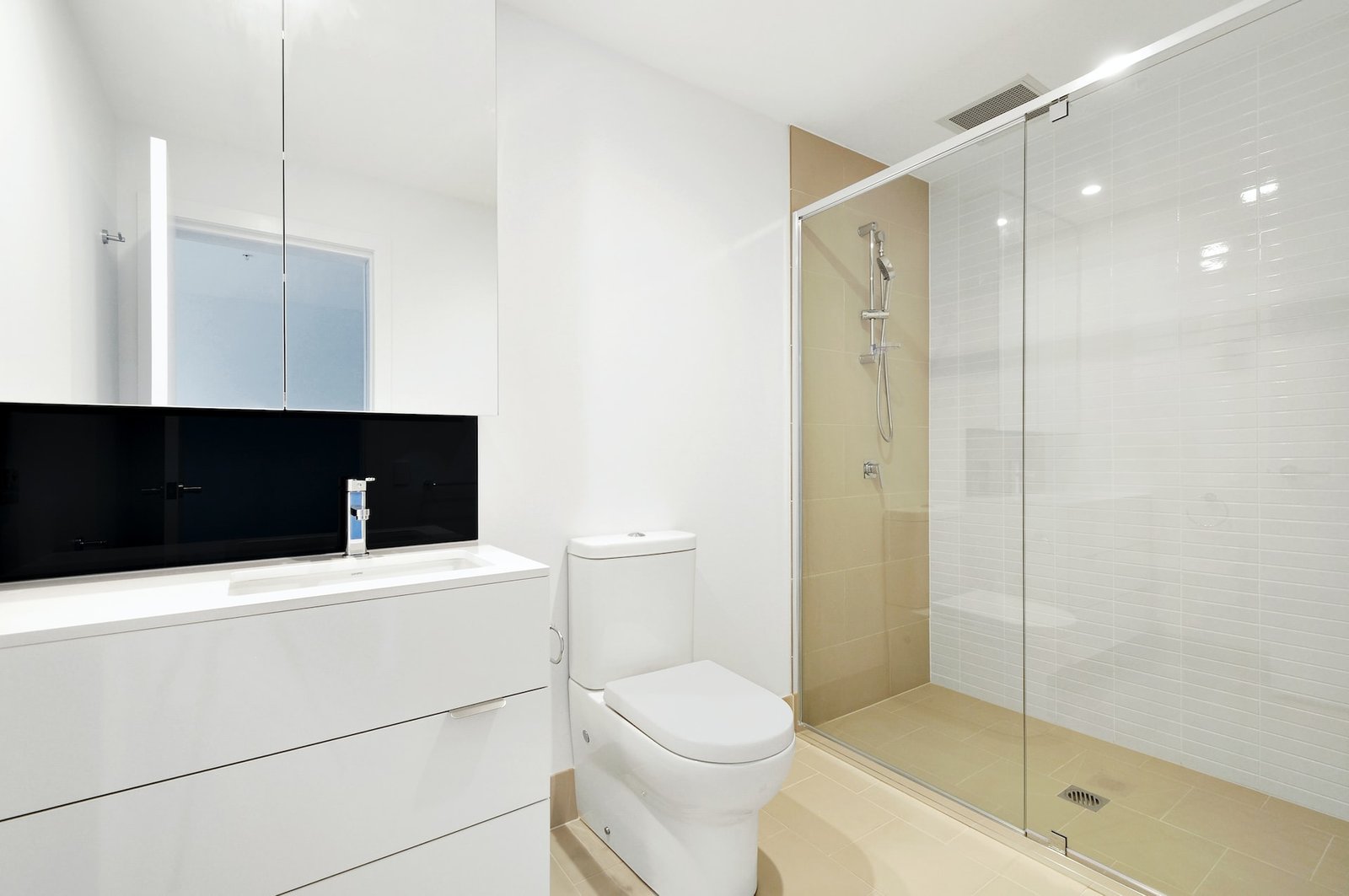Are you wondering if your water heater needs an upgrade?
Water heaters are complex machines. Without regular maintenance, they can experience problems that leave them without hot water. In fact, the average homeowner will suffer at least one hot water heater issue this year.
To prevent these issues, it’s important to make regular hot water heater maintenance a habit. In this quick guide, you’ll learn the best practices for keeping your hot water heater functioning well.
Keep reading to get all the hot water heater maintenance tips you’ll ever need.
Check the Temperature and Pressure Relief Valve
Water heater issue is important to prevent expensive repairs and prolong the lifespan of your unit.
A key part of effective maintenance is checking the temperature and pressure relief valve. This valve is designed to release water and pressure if the temperature or pressure gets too high.
If the valve is not working properly, it could result in a dangerous situation. Checking the valve regularly will ensure that it is working properly and help you avoid a potentially dangerous situation.
Flush Your Water Heater to Remove Sediment
If you are starting to make strange noises or isn’t heating water as well as it used to, it’s probably time to flush it out. Flushing your water heater repair is a simple process that anyone can do, and it only takes a few minutes.
Turn off the power to your water heater. Next, attach a garden hose to the drain valve at the bottom of the water heater and place the other end of the hose in a bucket or in your sink.
Open the drain valve and let the water run out until it’s clear. Once the water is clear, close the drain valve and turn the power back on. Now your water heater should be good as new!
Check the Anode Rod to Prevent Corrosion
If you want to keep your water heater in good shape, then you need to be proactive about maintenance.
One important aspect of water heater maintenance is checking the anode rod. This rod is made of metal, and it helps to prevent corrosion inside your water heater.
This metal rod is designed to be sacrificial, meaning it will corrode before the rest of the water heater. By checking the anode rod and replacing it as needed, you can prevent corrosion and extend the life of your water heater.
If you have a water heater, then you need to know how to maintain it properly.
Drain Your Water Heater to Remove Excess Water
While it may seem like a daunting task, draining and cleaning your water heater is actually relatively simple and only takes a few minutes. Plus, by regularly maintaining your water heater you can extend its lifespan and avoid costly repairs down the road.
To get started, simply turn off your water heater and attach a hose to the drain valve.
Next, open the valve and allow the water to drain into a bucket or other container. Once the water has finished draining, close the valve and turn the water heater back on.
If you are starting to show signs of wear and tear, or if it’s simply been a while since you’ve given it a good cleaning, then it’s time to find more here about water heater repair.
Inspect Your Water Heater for Leaks
Assuming you have a standard gallon’s water heater, check the following things for leaks the cold-water inlet valve, the hot water outlet valve, the temperature and pressure relief valve, and the draincock.
If any of these valves are leaking, you will need to replace the valve. Check the condition of the tank itself by feeling for any wetness or moisture.
There is any water pooling around the base of the tank, this is a sign of a leak. Inspect the anode rod for any corrosion.
The anode rod is located on top of the tank and is used to help prevent corrosion. If it is severely corroded, it will need to be replaced.
Test Your Water Heater’s Pressure Relief Valve
Water heater maintenance is vital to keeping your home’s plumbing system running smoothly. By testing your water heater’s pressure relief valve, you can ensure that it is functioning properly.
This valve is responsible for releasing pressure and preventing your water heater from exploding. To test the valve, simply lift the handle and release it.
You should hear a hissing noise as the pressure is released. If you do not hear this noise, or if the valve does not close properly, it should be replaced.
If the valve is rusty, or the water is only lukewarm, you may have a problem. Contact a certified professional to check your heater.
Read More About Water Heater Maintenance Now
Make sure to properly maintain your water heater to prevent any costly repairs or replacements down the road.
Check the anode rod and replace it, if necessary, flush the tank to remove any sediment build-up, and keep the area around your water heater clear of any flammable materials.
Performing regular water heater maintenance can prolong its lifespan and prevent unexpected repairs. Schedule a maintenance check annually and flush the tank every 3-5 years.
Be sure to keep an eye on your water heater’s performance and if you notice any drop in performance, have it checked out by a professional.
Did you find this article useful? Check out the rest of our blog for more!

